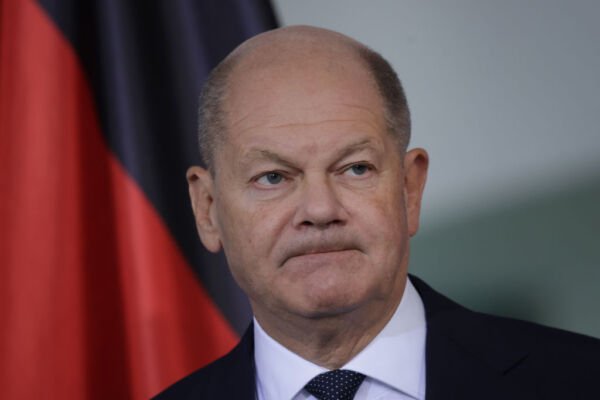German parliament factions reached an agreement on Tuesday (November 12) to hold early elections on February 23 next year after the disbanding of the governing coalition of three parties in Germany.
The coalition government in Germany recently dissolved, and all factions of the federal parliament agreed to advance the election date from the original end of September next year to February 23. President Frank Steinmeier approved this schedule on Tuesday, calling the plan a “pragmatic move”.
According to a press release from the German President’s Office on Tuesday, Steinmeier met with the faction leaders of the governing parties Ralph Mützenich (SPD), Britta Haßelmann, and Katharina Dröge (Green Party), as well as the opposition leader Friedrich Merz (CDU), for a joint discussion.
The Federal President welcomed the plan the factions reached to hold a vote of confidence on December 16, 2024.
Steinmeier also made it clear that if there is a motion of no confidence against Chancellor Olaf Scholz, he will promptly decide whether to dissolve the parliament. However, before that, he will hold talks with all party leaders in the Federal Parliament.
If Scholz fails in the vote of confidence, Steinmeier has 21 days to dissolve the parliament, and the election must be held within 60 days.
Steinmeier emphasized that transparency and integrity in the election process are crucial to maintaining public trust in the democratic system.
He also called on all centrist party factions to responsibly and jointly discuss legislative plans that can be implemented in this legislative period to ensure Germany’s internal and external security and international reputation during the transition.
According to The Washington Post, observers pointed out that Germany is the largest economy in Europe and the second-largest contributor to military aid for Ukraine after the United States. Time is of the essence to restore stability to Germany as soon as possible.
Merz stated on Tuesday, “The situation in Berlin is not so simple, it is particularly irresponsible. However, we have been working hard over the past few hours to find a solution. The Chancellor has not had a majority support in the German Federal Parliament for almost a week now.”
With the election date now finalized, political campaigning is set to officially begin.
According to Politico Europe, the alliance party CDU, along with the conservative Bavarian Christian Social Union (CSU), is leading in the polls with a support rate of 32%, positioning them to lead a new coalition government in the next election, with Merz likely becoming the Chancellor. Meanwhile, the SPD currently ranks third in the polls with a support rate of 16%, just behind the far-right Alternative for Germany (AfD).
After the election, it may take several weeks or months to form a new government. The CDU/CSU alliance has pledged not to form a federal government with the AfD, making it more likely to form a coalition government with the SPD.

